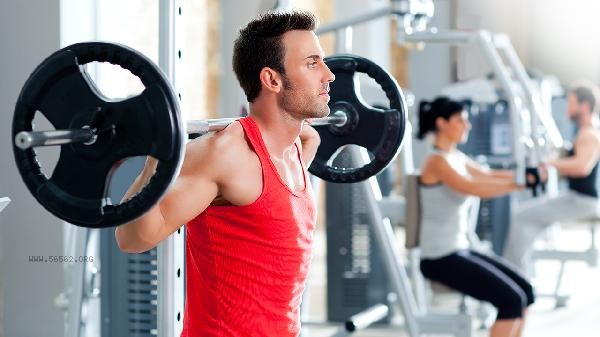It is usually not recommended to drink cola during fitness, mainly due to factors such as high sugar affecting metabolism, carbonation affecting calcium absorption, caffeine interfering with recovery, artificial additives increasing burden, and false satiety hindering nutrient intake.

1. High sugar content affects metabolism
Coke has a very high sugar content, and a single bottle may exceed the recommended daily intake of added sugar. Fitness enthusiasts need to strictly control sugar intake to maintain insulin sensitivity, as excessive intake can promote fat accumulation and counteract the effects of exercise. Rapid absorption of sugar can also cause fluctuations in blood sugar levels, leading to increased fatigue after training.
II. Carbonation affects calcium absorption
Phosphoric acid in carbonated beverages can bind with calcium ions in the body, and long-term consumption may reduce calcium absorption rate. Fitness enthusiasts need sufficient calcium to maintain bone strength and muscle contraction function, especially after strength training, carbonated drinks may delay the process of sports injury repair.
III. Caffeine Interference Recovery
Although caffeine in cola can temporarily refresh the mind, it can stimulate the central nervous system and affect the quality of deep sleep. Muscle fiber repair mainly occurs during sleep, and sleep disorders caused by caffeine may hinder the mechanism of excessive recovery after training.

Fourth, artificial additives increase the burden
Chemical additives such as caramel coloring and preservatives need to be metabolized by the liver. When the metabolism of fitness people is fast, these substances may increase the detoxification pressure on organs. Some additives can also cause disturbances in the gut microbiota, affecting the digestion and absorption efficiency of nutrients such as protein.
5. False satiety hinders nutrient intake
The feeling of fullness caused by carbonated gas can mislead fitness enthusiasts to reduce their meal intake, but cola contains almost no essential nutrients such as protein and vitamins after exercise. If cola is used instead of protein supplementation during the window period after training, it will directly affect the muscle synthesis effect.

Fitness enthusiasts should prioritize choosing electrolyte drinks or sugar free tea drinks to replenish water, and promptly supplement whey protein and compound carbohydrates after training. If you need to drink carbonated drinks, it is recommended to choose the sugar free version and control the frequency, while increasing the intake of dairy products and dark green vegetables to compensate for calcium loss. Pay attention to whether there is bloating or a decrease in training status after drinking, and consult a nutritionist if necessary to adjust the beverage selection plan. Maintain drinking habits, with a daily basic water intake of at least 30 milliliters per kilogram of body weight, and an additional 400-600 milliliters per hour during exercise.







Comments (0)
Leave a Comment
No comments yet
Be the first to share your thoughts!